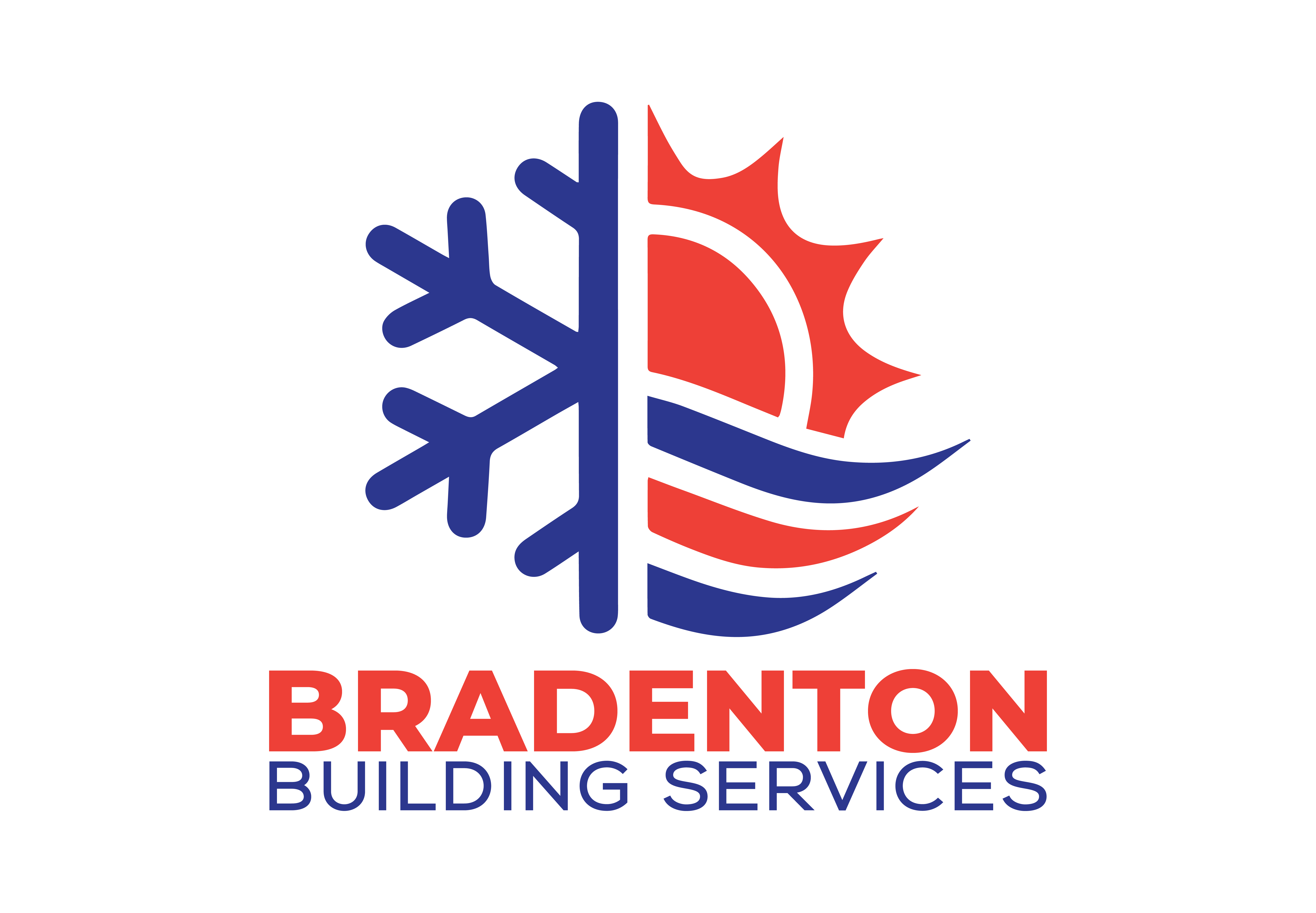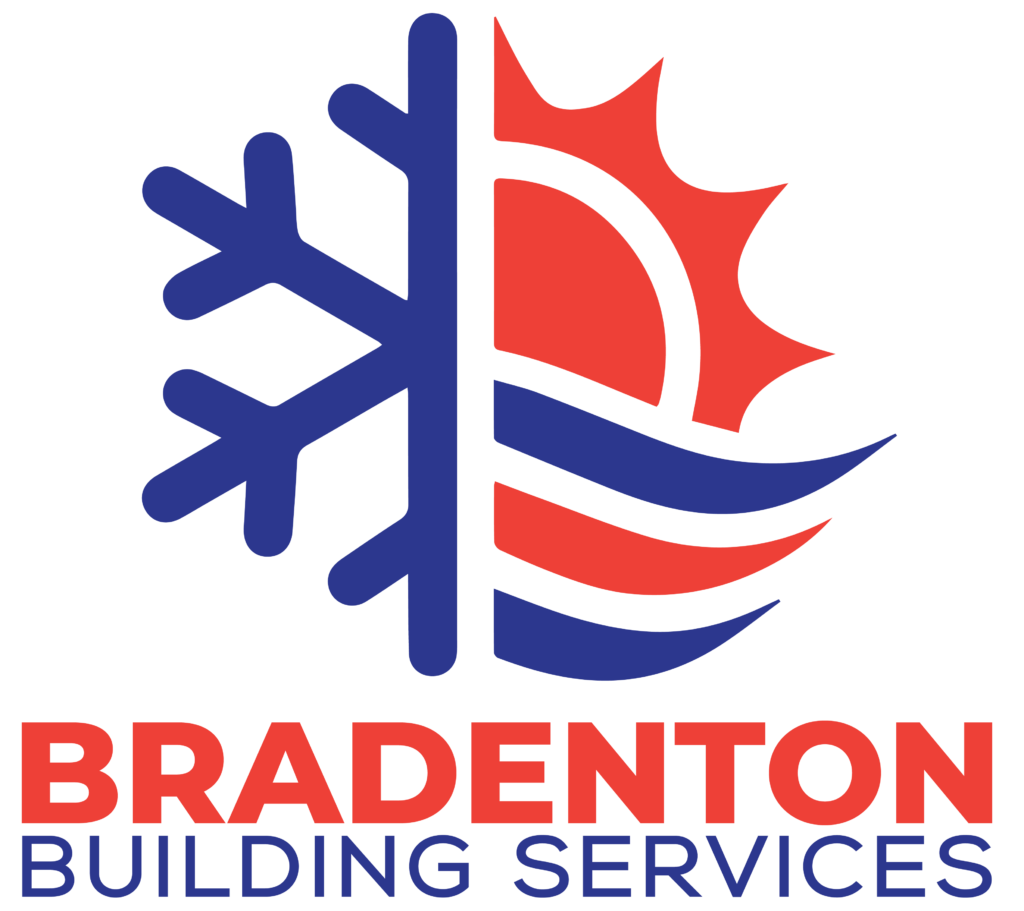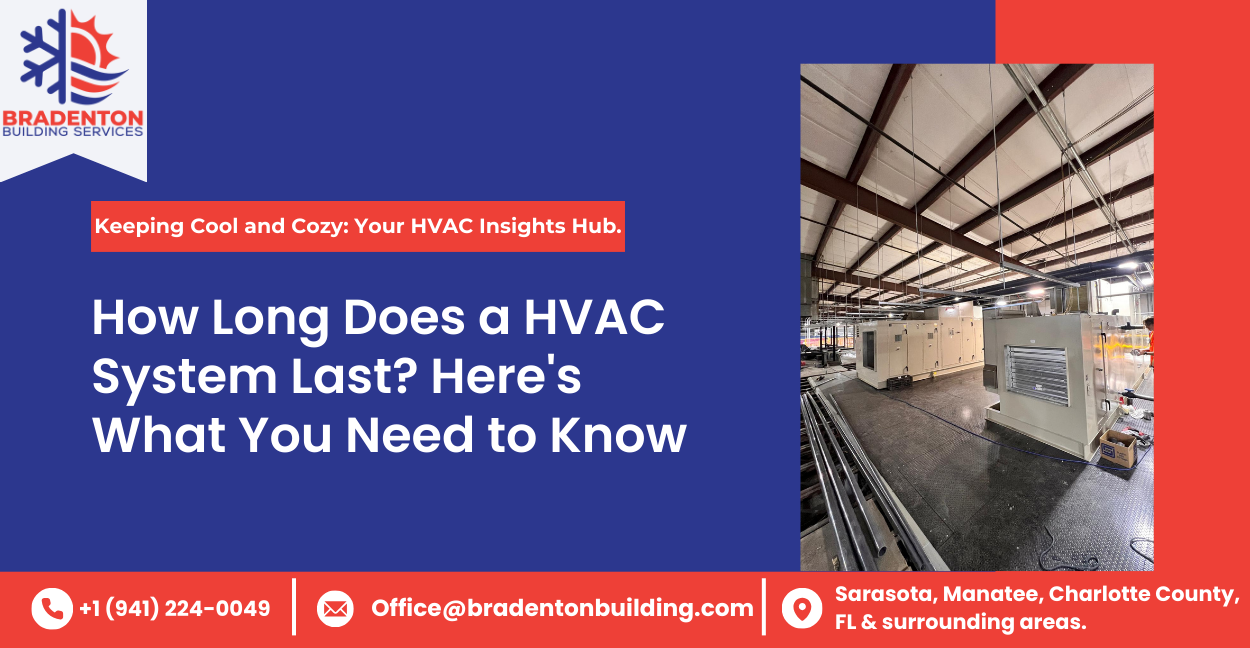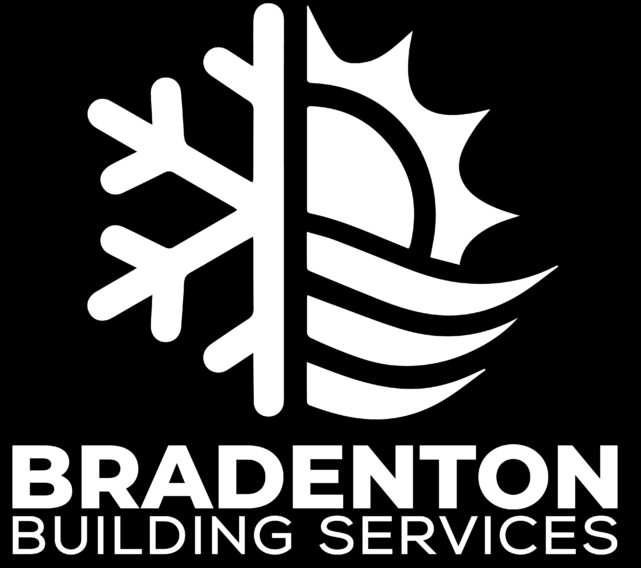When it comes to your commercial property in Sarasota or Manatee counties, the HVAC system plays a crucial role in maintaining a comfortable and healthy environment. As a business owner or property manager, you want to ensure that your HVAC system operates efficiently for as long as possible. But just How Long Does a HVAC System Last? This is a question many people in Sarasota, FL, face, as they want to avoid costly repairs or replacements. In this article, we’ll explore everything you need to know about HVAC system lifespan, factors that influence it, and how you can extend the life of your system, ensuring you get the most out of your investment.
Understanding HVAC Systems
What is an HVAC System?
HVAC stands for Heating, Ventilation, and Air Conditioning, and it plays a crucial role in regulating the temperature, humidity, and air quality in a building. The heating component provides warmth during colder months, typically using a furnace, heat pump, or boiler. Ventilation ensures that fresh air is circulated throughout the building while removing stale air, maintaining proper airflow. The air conditioning component cools the air during hot weather, helping to maintain a comfortable indoor environment. Together, these components work seamlessly to provide optimal comfort and air quality in your commercial space, making HVAC systems essential for maintaining a pleasant and healthy atmosphere year-round.
Types of HVAC Systems
There are various types of HVAC systems used in commercial settings, each with its own lifespan and maintenance needs. Split systems, which have separate units for heating and cooling, are commonly found in smaller commercial spaces. Packaged systems, where all components are housed in one unit, are ideal for larger commercial buildings with limited space. Ductless systems, which don’t require ducts, are perfect for buildings without existing ductwork. Understanding which type of HVAC system you have is essential in determining its expected lifespan and maintenance requirements, as each system type may require different care to ensure optimal performance and longevity.
How Long Does an HVAC System Last?
The lifespan of an HVAC system typically ranges from 10 to 25 years, depending on various factors such as the type of system, maintenance, and usage. Generally, well-maintained systems tend to last longer, with regular servicing helping to prevent premature wear and tear. For instance, a high-quality commercial HVAC system that undergoes annual maintenance can often last closer to 20 years, while systems that are neglected may only last a decade or less. The climate in Sarasota and Manatee counties, which can experience both hot summers and mild winters, also plays a role in how hard the system has to work, affecting its longevity. Understanding how long your HVAC system will last helps you plan for future repairs or replacements, saving you from unexpected costs down the line.
Factors That Affect the Lifespan of an HVAC System
-
Usage and Frequency
The more frequently your HVAC system is used, the more wear and tear it will experience. Systems that run constantly, such as in large commercial buildings or facilities with high foot traffic, may have a shorter lifespan compared to systems used intermittently. Overworking the system can lead to faster deterioration of key components.
-
Maintenance and Care
Regular maintenance is one of the most significant factors in determining how long your HVAC system lasts. A well-maintained system can last up to 20 years or more, while a neglected system may only last half that time. Routine inspections, cleaning, and filter replacements are essential to keeping the system in good working order.
-
Quality of Installation
Proper installation is critical to the longevity of an HVAC system. If the system is not installed correctly, it can lead to inefficiency, higher energy costs, and premature failure. Always hire a professional HVAC technician to ensure the system is installed according to manufacturer specifications.
-
Climate and Environmental Factors
The climate in which your HVAC system operates can also affect its lifespan. For example, systems in areas with extreme temperatures or high humidity levels may experience more strain, leading to a shorter lifespan. Additionally, systems located near saltwater or in highly polluted areas may deteriorate faster due to corrosive elements in the air.
Average Lifespan of Different HVAC Systems
-
Residential HVAC Systems
On average, residential HVAC systems last between 15 to 20 years. However, the lifespan can vary depending on factors such as maintenance, usage, and installation quality. Regular service and proper care can extend the life of a residential HVAC system beyond the typical range.
-
Commercial HVAC Systems
Commercial HVAC systems are built to withstand more extensive use and can last anywhere from 15 to 25 years. However, due to the larger size and complexity of these systems, they require more frequent maintenance and inspections. The lifespan of a commercial system may be affected by the type of system, the environment in which it operates, and how well it is maintained.
Signs Your HVAC System is Reaching the End of Its Life
-
Decreased Efficiency
One of the first signs that your HVAC system is nearing the end of its life is a noticeable decrease in efficiency. If your system struggles to maintain the desired temperature or takes longer than usual to heat or cool the space, it may be time for a replacement.
-
Frequent Breakdowns
As an HVAC system ages, it may require more frequent repairs. If you find yourself calling for service multiple times a year, it could indicate that the system is no longer reliable and may need to be replaced.
-
Unusual Noises or Smells
Strange noises, such as banging, grinding, or squealing, can indicate that parts of the system are wearing out. Similarly, foul odors, such as musty or burning smells, may signal internal damage or mold growth, both of which could be signs that your HVAC system is on its last legs.
How to Extend the Lifespan of Your HVAC System
-
Regular Professional Maintenance
One of the best ways to extend the life of your HVAC system is by scheduling regular maintenance with a professional HVAC technician. This includes cleaning filters, inspecting coils, checking refrigerant levels, and ensuring that all components are functioning properly.
-
Upgrading Components
Sometimes, replacing individual components, such as the air filter, coils, or thermostat, can help improve the efficiency of your HVAC system and extend its lifespan. Replacing outdated or worn-out parts can prevent the system from working harder than necessary, which reduces wear and tear.
-
Ensuring Proper Ventilation
Proper ventilation is essential for maintaining HVAC efficiency. Ensure that vents and air ducts are not obstructed by furniture, dust, or debris. Keeping airways clear allows the system to operate more efficiently and prevents unnecessary strain.
Cost Considerations: Repair vs. Replace
-
When to Repair
If your HVAC system is relatively young and the issue is minor, such as a faulty thermostat or clogged filter, repairing the system may be more cost-effective than replacing it. Regular repairs can prolong the system’s life if they are done promptly and professionally, saving you from the cost of a full replacement.
-
When to Replace
If your HVAC system is old, inefficient, or requiring frequent repairs, it may be more cost-effective in the long run to replace it. A new system can save you money on energy bills, improve comfort, and prevent costly breakdowns. Replacing an outdated system can be a wise investment in your commercial property’s future.
-
Need Help Deciding?
If you’re unsure whether to repair or replace your HVAC system, don’t hesitate to reach out to our team at Bradenton Building Services. Our experienced technicians can assess your system and help you make an informed decision based on your unique needs. Contact us today to schedule an evaluation and avoid costly mistakes!
The Importance of Professional HVAC Services
-
Choosing the Right HVAC Service Provider
Choosing the right HVAC service provider is crucial for ensuring that your system is well-maintained and properly installed. Look for a company with a good reputation, experienced technicians, and a commitment to customer satisfaction. Partnering with professionals ensures that your HVAC system runs smoothly and efficiently for years to come.
-
Benefits of Regular HVAC System Inspections
Professional inspections help identify potential problems early, preventing major issues from developing. Regular inspections can also improve system efficiency, reduce energy costs, and extend the life of your HVAC system. Staying on top of these inspections is essential to avoid costly repairs or replacements down the line.
Not sure if it’s time to replace your HVAC system? Bradenton Building Services has the expertise to guide you. Contact us today and ensure your system’s longevity with our reliable services!
Frequently Asked Questions (FAQs)
1.) How Long Does a HVAC System Last? Tips to Maximize Its Lifespan
An HVAC system typically lasts 15-20 years with proper maintenance. To maximize its lifespan, schedule regular inspections, replace filters regularly, and ensure proper insulation. Keeping your system clean and addressing minor repairs promptly can also help prevent major issues. Investing in annual professional maintenance ensures optimal performance and longevity.
2.) Can I extend the life of my HVAC system with regular maintenance?
Yes, regular maintenance is one of the best ways to extend the life of your HVAC system. Routine tasks such as changing filters, cleaning coils, and scheduling annual inspections help prevent wear and tear, improve efficiency, and catch potential issues early. With proper care, an HVAC system can last longer, saving you money on repairs and energy bills.
3.) What are the signs that my HVAC system needs replacement?
Signs that your HVAC system may need replacement include frequent breakdowns, rising energy bills, uneven heating or cooling, strange noises, and an age of 15 years or more. If repairs are becoming more costly and the system is no longer able to maintain a comfortable environment, it may be more economical to replace the unit rather than continue repairing it.
4.) How can I improve the energy efficiency of my HVAC system?
Improving energy efficiency can be achieved by regularly maintaining your system, such as replacing filters, cleaning ducts, and ensuring the system is properly sized for your space. Installing a programmable thermostat, sealing any leaks in ducts, and upgrading to energy-efficient units can also significantly reduce energy consumption and lower your utility bills.
5.) Should I replace the entire HVAC system or just certain components?
Whether to replace the entire HVAC system or just certain components depends on the system’s age, condition, and the specific issue. If the system is relatively new and only one component (such as the compressor or blower motor) is failing, a partial replacement may be sufficient. However, if the system is old and inefficient, replacing the entire system is often the more cost-effective solution in the long run.
6.) What are the benefits of a professional HVAC inspection?
A professional HVAC inspection can help identify potential issues before they become major problems, saving you from costly repairs. Regular inspections improve system efficiency, reduce energy costs, and extend the life of your HVAC system. Technicians can also ensure that the system is running safely and meet all necessary codes, providing peace of mind for building owners.
Enhance Your Commercial HVAC System with Bradenton Building Services
Looking for reliable commercial HVAC services, air quality solutions, HVAC maintenance, or air filter services in Sarasota and Manatee? Bradenton Building Services has you covered. We specialize in optimizing HVAC systems to ensure comfort, energy efficiency, and healthy air quality for your business.
Our services include:
- Commercial HVAC Services
- Air Quality and Purification Solutions
- HVAC Maintenance
- Commercial Air Filter Services
Contact us today to schedule a consultation and improve your HVAC system’s performance!




